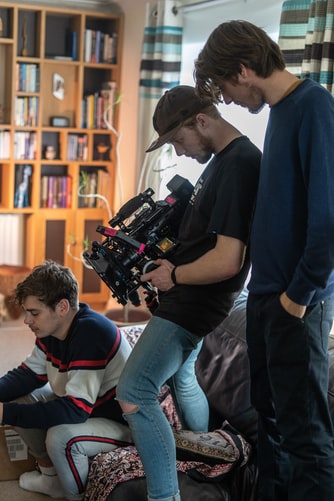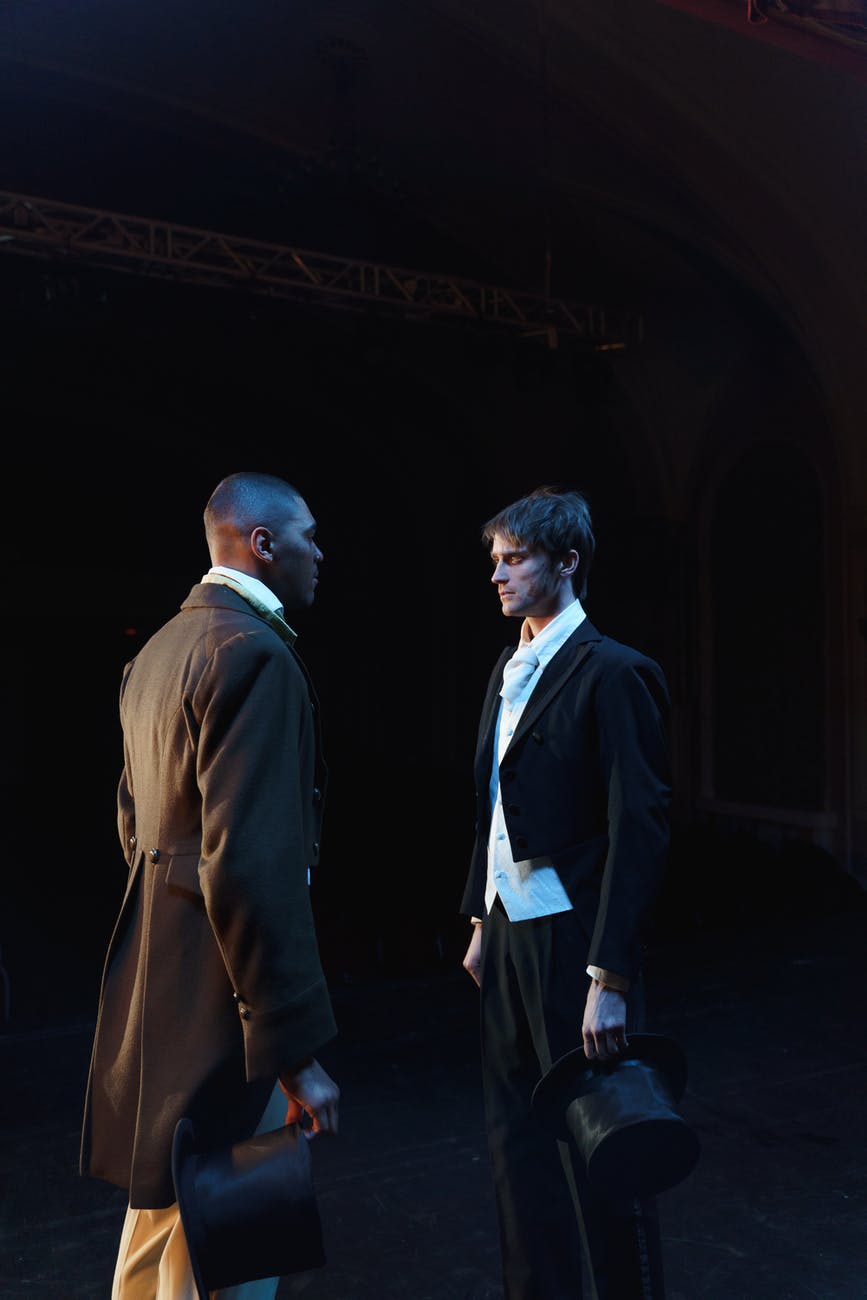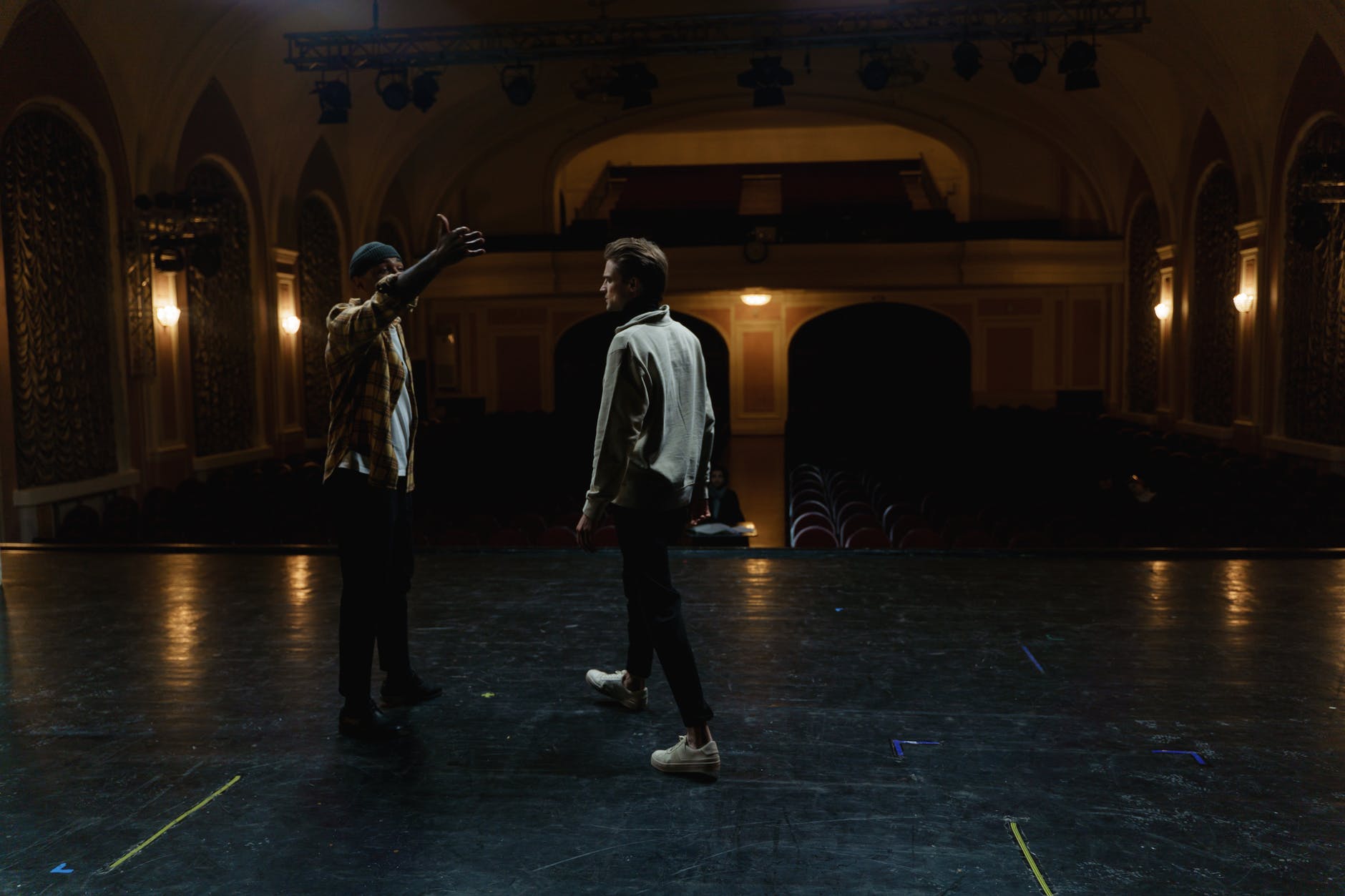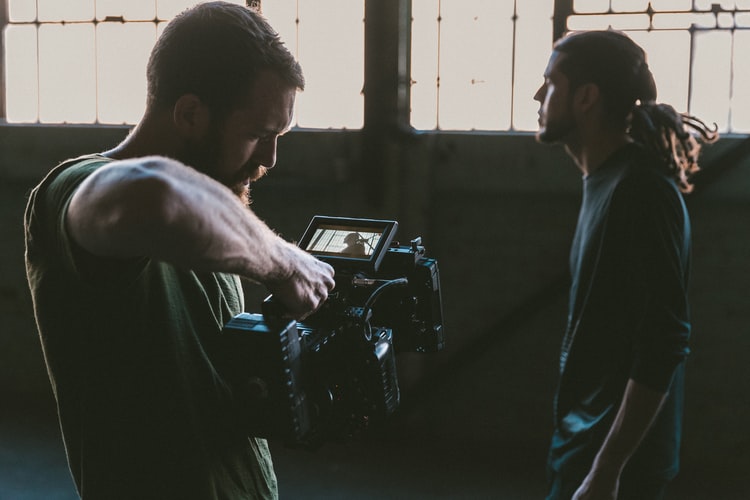Method acting is amongst one of the most popular forms of acting which is practiced across a variety of different kinds of settings and venues. Often method acting is employed in order to ensure that actors are properly living out the role they are playing. Although in some cases it can be perceived as extreme, it definitely gives actors a better overall understanding of their role and the person that they are representing.
What Is Method Acting And How Does It Work?
Method acting, sometimes called the guided method, is an arrange of rehearsal and training techniques, as devised by a variety of different theatre professionals, who seeks to promote true and sincere performances through identifying with, comprehending, and truly experiencing a person’s innermost feelings and emotions. It was developed in the early twentieth century and applied by the British as a means of achieving a more authentic theatrical experience. The concept of the method was first brought about by the likes of Bertolt Brecht, who saw the benefits that his musical acting programs could bring to the live stage. Others who have since adopted the methods include Peter O’ Shepherd, John Cowper Powys, and Guy Williams.
The technique was further refined by the likes of rehearse and direct method acting teachers’ Frank Rich and Max Miscovic. All three saw the need for a system of acting that would be as close to real life as possible and use techniques which were grounded in psychology. Their shared belief that acting should be an emotional experience and should take into account not only the psychological elements of the characters but also those of the audience, the production director, and the play itself.

Key Techniques And Developments
The technique, which is known today as method acting was named after Max Miscovic, who had taught it to his pupils at the Royal Dramatic Theatre School in London in the late nineteen eighties. With this unique technique, he hoped to provide his students with a better understanding of how the human mind functions, and how his students could make their acting experience more authentic. In particular, he was interested in the ways in which the sense memory, or memory of previous experiences, can influence and shape the performance of an actor on stage. Specifically, he was interested in using memory techniques such as affective memory to enhance the performance of an actor on stage.
Within the scope of affective memory, which was originally developed by the American psychiatrist William Bates, the idea is to train the actor to remember his environment, past events, and his interactions with other people. The technique is used in movies and TV dramas today to great effect. In fact, one of the most popular television shows of all time, “The X Files,” use these techniques as a way to help its characters remember things from their pasts. Method actors do not generally rely on memory to create their acting; rather they rely on emotion. They have developed skills in visual effects and stunts which require them to actually “see” what is happening on the screen. These skills are further developed through improvisation.

Using Learned Skills Within Method Acting
To use effective memory in method acting, the actor has to remember the name of a person that is important to the character he is playing. Then, using his memory, the actor creates an interesting story about the person, such as a personal history or a series of events that take place over a period of time.
He then uses these memories to create the character’s world, and by acting out the way he remembers the events, he creates a lifelike image of the character. The actor plays the character completely opposite to his true characteristics, so that in the end the audience does not know if the character is remembering correctly or not. Most commonly, Method acting is used in television dramas, because the audience can easily follow the plot, unlike dramatic literature where it is more difficult to make the reader follow events.

Additional Method Acting Techniques
Other methods of method acting include memory and emotion memory techniques. These techniques allow actors to use specific phrases or words in their scripts to make it easier for them to recall the material at a later point in time. The memory techniques often rely on daily activities, so that the actor is able to remember things that take place between scenes. Lasting effectiveness is usually associated with the method called “emotion memory,” which is more closely related to memory than any other technique. This technique requires that the actor remember the emotions involved in the scene, so he uses the language of love, anger, or sadness in his scripts.

Holly Jennings is a writer passionate about exploring the intersections of art, dance, and design. She focuses on highlighting creative processes, emerging talents, and the cultural impact of various artistic disciplines through engaging and insightful content.

